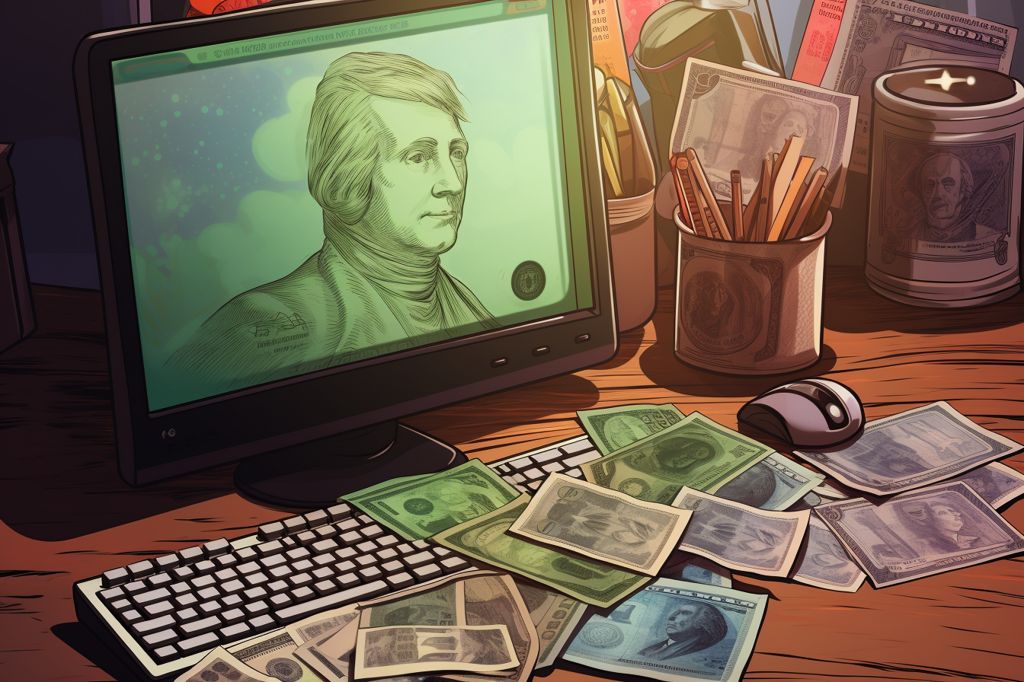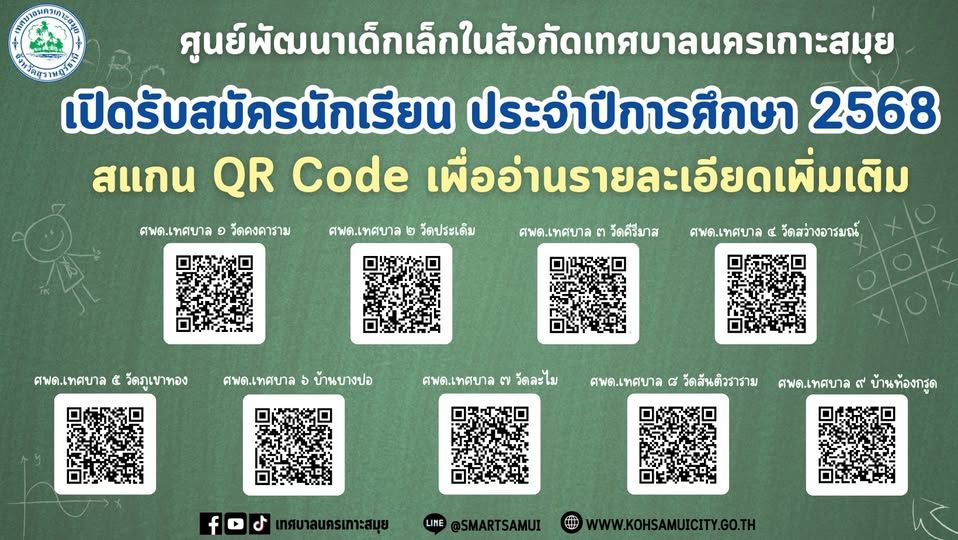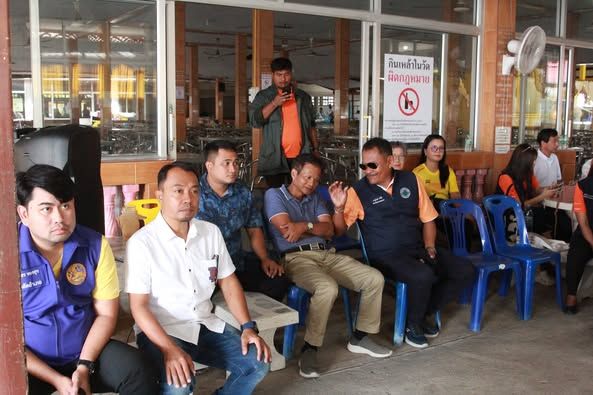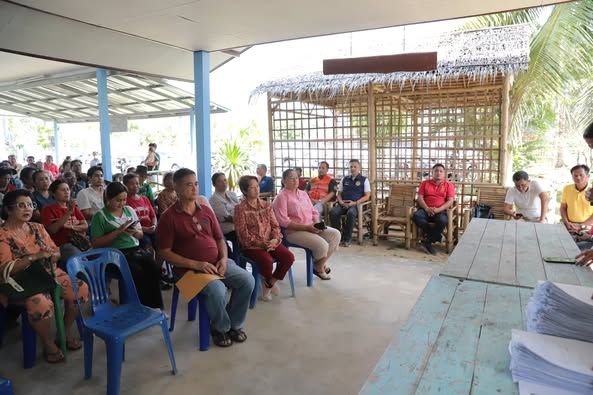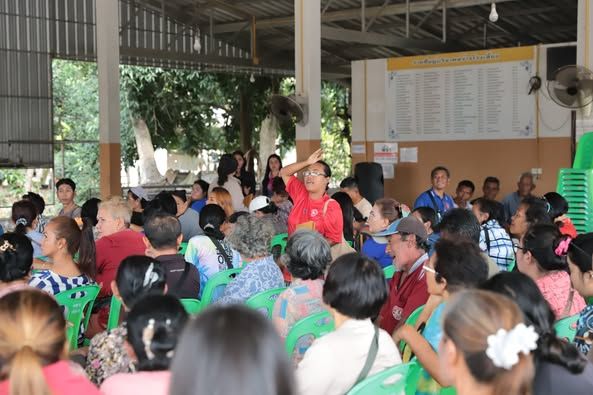17 Vietnamese Suspects Arrested
In a recent crackdown on illegal activities, 17 Vietnamese citizens were arrested for their alleged involvement in an online gambling site and a passport counterfeiting gang. The group operated from three houses in Bang Phli district of Samut Prakan, which were raided by Bang Phli Police and Immigration Bureau officers.
During the raid, 12 computers and equipment used for producing fake passports were seized, as well as immigration stamps from Suvarnabhumi, Myanmar, and Cambodia airports. Contraband cigarettes were also found at the crime scene.
Charges and Interrogation
The suspects were taken to Bang Phli Police Station for questioning. Out of the 17 individuals, 12 were charged with luring people to participate in gambling, four with possessing official rubber stamps without permission, and one with possessing untaxed cigarettes.
Background of the Criminal Operation
Investigations revealed that the Vietnamese suspects operated an online gambling website under the supervision of their Chinese employers. The Chinese ringleaders would assign tasks to the Vietnamese suspects via Facebook accounts registered with fake identities. These accounts were closed immediately after assignments were given to avoid detection by the authorities.
The group had been using the three houses in Samut Prakan as a base for their operations for about a month. They had recently relocated there from a neighboring province.
Discovery of Illegal Migrants Led to the Raid
The raid was prompted by the discovery of a group of illegal migrants carrying passports stamped with illegally-acquired immigration seals. This clue led the police to the houses in Samut Prakan.
Use of Fake Facebook Accounts for Recruitment
The suspects were found to have created numerous fake Facebook accounts using false identities. They used these accounts to offer online jobs or products for sale. Once they got in touch with potential victims, they would send them links to gambling websites and encourage them to sign up.
As a result, many victims became addicted to gambling, with the websites generating millions of baht in circulation each month, according to police reports.
